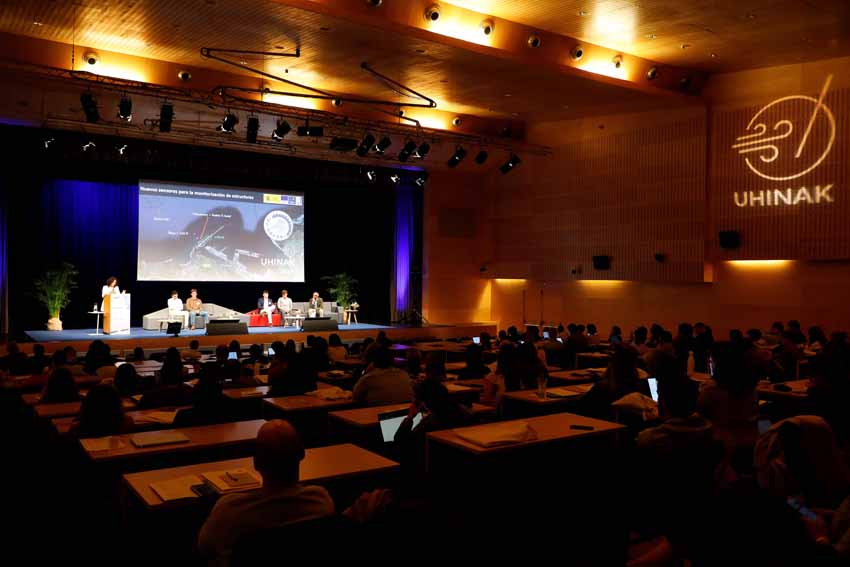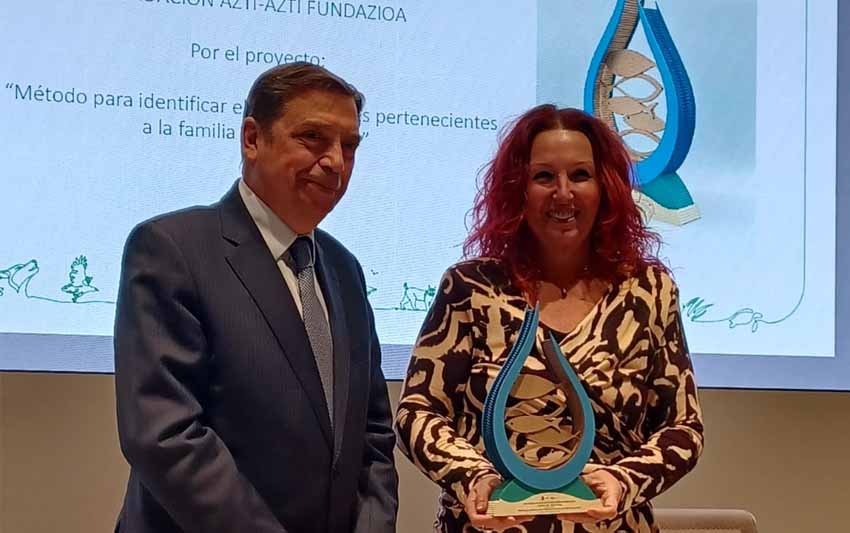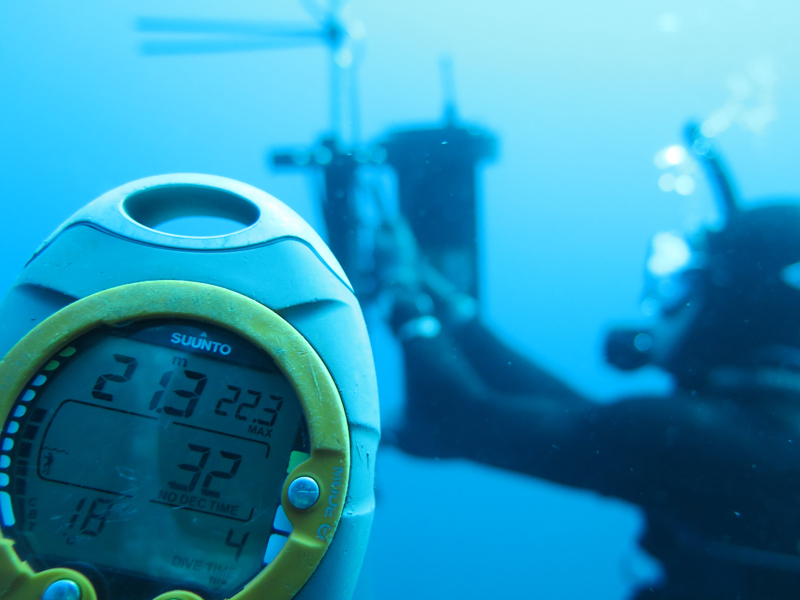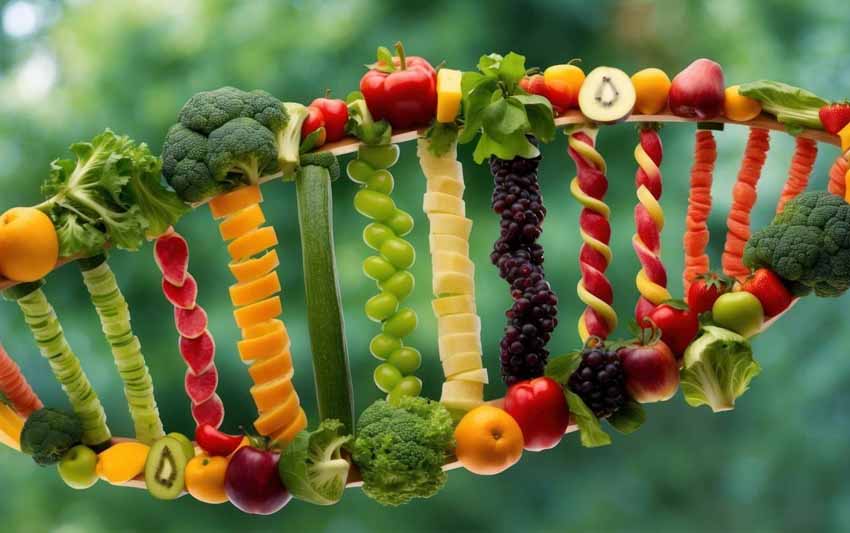The food industry’s contribution to the battle against climate change: towards more efficient and sustainable processes
Últimas noticias
A pioneering genetic catalogue reveals hidden biodiversity in Basque estuary sediments
Uhinak Technical Committee Sets the Key Points for the 7th International Congress on Climate Change and the Coast
“We fishermen are the ones who earn the least”
Jaime Zufia, Head of Efficient and Sustainable processes at AZTI
In the current context of climate change, the food industry plays a crucial role not only as a provider of essential goods, but also because, together with the rest of the food chain, it is one of the main sources of greenhouse gas emissions. Food activity accounts for approximately one third of global CO₂ emissions, with food production being one of the areas of greatest environmental impact due to factors such as the intensive use of water, energy, soil, fertilisers, and waste generation.
This scenario invites us to reflect on how the sector can move towards more sustainable practices and, above all, what steps companies can take to minimise their environmental impact without sacrificing the efficiency of their activity, as well as the quality and safety of their products. AZTI, in our commitment to sustainability and innovation, has spent years developing and promoting technological solutions that help the industry to reduce its environmental footprint through the implementation of production efficiency strategies and the use of resources (raw materials, water and energy), reduction of waste, losses and rejections, recovery of by-products, eco-design and the evaluation and communication of sustainability.
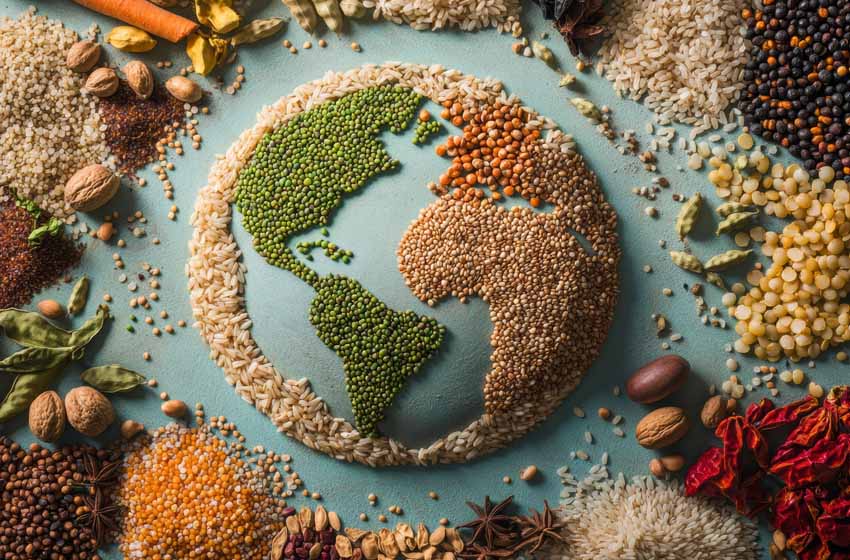
Índice de contenidos
- The environmental impact of the food industry and its need for change
- Energy and production efficiency and the recovery of by-products: keys to reducing emissions
- Ecodesign and environmental management tools: boosting eco-efficient production
- Enviroscore: sustainability communication as a competitive tool
- The future of the food industry: an urgent commitment to the planet
The environmental impact of the food industry and its need for change
Food production is intrinsically linked to the use of natural resources and therefore to environmental impact. Agriculture and livestock farming, in supplying the food industry, are responsible for high consumption of water and land, as well as the emission of gases such as methane and CO₂. For example, to produce one kilogram of meat, up to 15,000 litres of water and large amounts of arable land are required for growing crops for animal feed.
Furthermore, it is estimated that 38% of the earth’s land area is currently devoted to agriculture, with 77% of that land used for animal crops. These data show the urgency of implementing sustainable crop and livestock farming practices and optimising the use of resources in food production. This reality also shows us the potential for change in improving every link in the food value chain, from primary production to distribution and final consumption.
Energy and production efficiency and the recovery of by-products: keys to reducing emissions
One of the most effective approaches to reducing the environmental impact of food businesses is to improve their energy efficiency. This involves optimising industrial processes, reducing energy consumption and looking for sustainable alternatives, such as renewable energy sources. By implementing more efficient systems, companies can not only reduce their emissions, but also generate significant savings in operating costs.
Furthermore, production optimisation based on the concept of ‘producing more with less’ and the reduction of waste and losses throughout the manufacturing, transport and distribution, sales and consumption processes significantly reduces the environmental impact per unit of product reaching consumers, thereby reducing the overall impact on climate change, as well as reducing the overall costs of the food chain.
By-product recovery is another key aspect in moving towards a circular economy model in the food industry. Every year, millions of tonnes of by-products are generated globally in the industry, much of which are discarded or under-utilised. Through transformation processes, many of these food fractions managed as waste can be converted into valuable resources, such as ingredients for human or animal food, biofertilisers or even biodegradable packaging materials. At AZTI, we have developed technologies and processes that allow companies to reuse these by-products, thus reducing waste generation and reducing their carbon footprint. We also work to promote new collaborative business models that make this new circular economy a reality.
Ecodesign and environmental management tools: boosting eco-efficient production
Ecodesign is a fundamental pillar of sustainable production. It consists of incorporating environmental criteria in all the design phases of a product, from its conception to the end of its useful life. This approach makes it possible to reduce the environmental impact not only at the production stage, but also during transport, use and final disposal of the product. At AZTI, we promote eco-design as an essential methodology for the food industry, helping companies to consider aspects such as the choice of more sustainable materials, optimised formulations, the design of reusable or recyclable packaging, and the reduction of the use of plastics. This is all done before investment in equipment or facilities is made, encouraging sound decisions at the design stage.
One of the initiatives developed by AZTI in this field is ENVIRODIGITAL, a digital platform created to facilitate the environmental management of food companies. Based on the Product Environmental Footprint (PEF) methodology, promoted by the European Union, Envirodigital allows companies to analyse and manage their environmental impact in a comprehensive manner, providing a holistic view of key aspects such as carbon footprint, water consumption, waste generation and other environmental sustainability indicators.
Envirodigital is an easy-to-use tool, designed so that it can be implemented in all areas of an organisation, even by non-technical profiles. By centralising the company’s environmental information, this platform makes it possible to identify areas for improvement, promote informed decision-making and establish clear sustainability objectives. In short, Envirodigital not only helps to reduce environmental impact, but also contributes to the efficiency and competitiveness of companies.
Enviroscore: sustainability communication as a competitive tool
Consumers are increasingly interested in sustainable products and are looking for transparent information on the environmental impact of the products they consume. In response to this trend, AZTI has developed Enviroscore, a system that allows the environmental profile of a product to be easily assessed and communicated through a clear and accessible visual score for consumers.
Enviroscore helps companies to communicate their sustainability efforts and differentiate their products in an increasingly conscious and demanding market. In this way, consumers can make informed choices, encouraging demand for sustainable products and motivating companies to adopt responsible practices. In addition, having this information facilitates transparency and can strengthen companies’ relationships with their customers, positioning them as leaders in sustainability.
The future of the food industry: an urgent commitment to the planet
The food industry is facing a turning point in its history. The demands of sustainability, the need to reduce emissions and the commitment to a more efficient use of resources are more relevant than ever. The transition to a more responsible production model is not only possible, but necessary. Every small step counts and every innovation adds up in the fight against climate change.
The role of food companies in this context is crucial. By adopting sustainable practices and advanced environmental management tools, they can not only contribute to the protection of the planet and therefore ensure their economic activity in the long term, but also improve their profitability in the short term, reduce costs and strengthen their position in an increasingly demanding market. At AZTI, we will continue to work so that the food industry becomes a driving force for change, combining innovation, sustainability and responsibility in each process and product.
The fight against climate change is a shared responsibility, and AZTI invites all food companies to join in this effort. Because only by working together, with vision and commitment, will we be able to build a more sustainable future for everyone.
